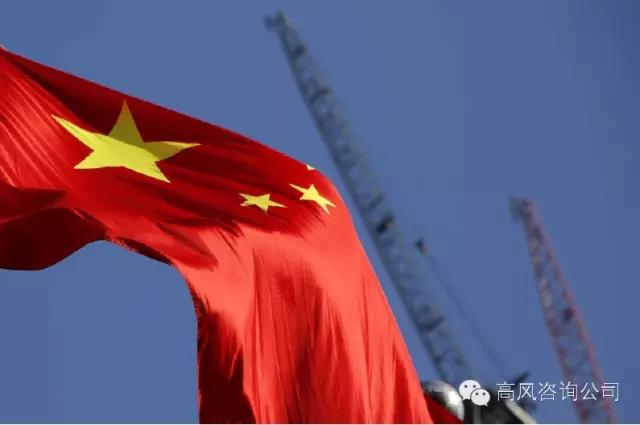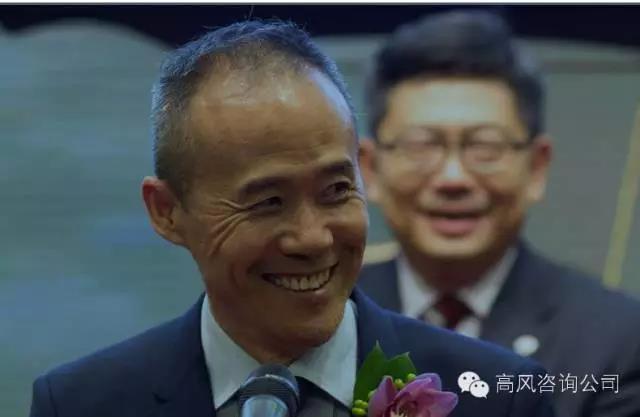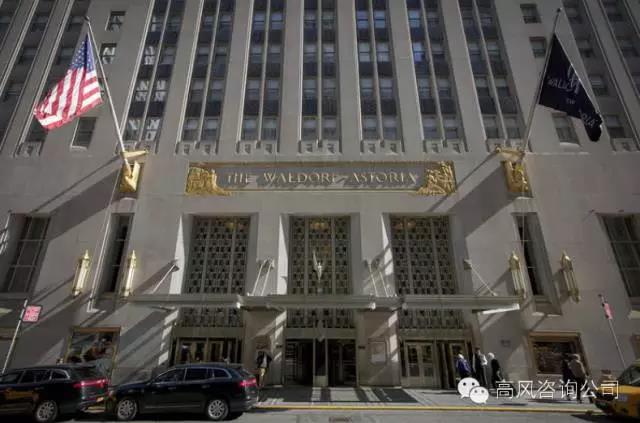
By ESTHER FUNG
Feb.19, 2016 12:35 a.m. ET
SHANGHAI—When the world’s largest home builder by sales, China Vanke Co., wanted to fend off a takeover by an insurance and financial conglomerate, it turned to another big insurance and investment company.
The tussle between China Vanke, unwanted suitor Baoneng Group and investor Anbang Insurance Group is a rare corporate battle in China, where carefully arranged mergers and acquisitions are the norm.
The fracas highlights how investment-hungry insurers are becoming a force at a time when China`s decelerating economy is challenging businesses. Their aggressive strategies many shake up underperforming companies, analysts say, but they have also raised concerns over how insurers may be risking their long-term financial health.
Anbang, which bought New York’s Waldorf Astoria Hotel, has spent billions purchasing part or all of insurers in South Korea, Europe and the U.S., as well as taking stakes in listed Chinese developers, a bank, a traditional Chinese medicine maker and a wind turbine manufacturer.
Baoneng, led by a former vegetable wholesaler and little known beyond Guangdong province near Hong Kong, announced itself brashly late last year by using affiliates to amass the largest holding in Vanke, a household name in China that builds apartments targeted at the middle class.
Vanke’s chairman then said the company didn`t welcome Baoneng`s move and the developer suspended trading in its Shenzhen-listed shares pending a restructuring to stave off the takeover. Vankesaid in the following days it welcomed Anbang as a shareholder, after Anbang declared that it had amassed a 7% stake.
Baoneng shot back in a statement at the time that it “believes in the power of the market.”
Analysts said Vanke might currently be negotiating with Baoneng for a resolution, even as it works on a restructuring plan that would dilute Baoneng’s position as Vanke`s largest shareholder.
Such corporate-raiding attempts, however, may be what China Inc. needs, some analysts say. Firm are taking stakes,commanding board seats and demanding better returns now that factories and other once popular targets are flagging.
Create more chaos and conflict, but it will also drive managers to work harder and it will be good for productivity,” said Edward Tse, chief executive officer of Gao Feng Advisory Company, a management consultancy.
Vanke’s net profit margins have been steadily declining, from 15.5% in 2010 to 10.1% in the first half of 2015 amid the economic slowdown and the property market glut.
Baoneng and Anbang are private companies unlike big state firms, which tend to be more passive, said Mr. Tse. Baoneng borrowed heavily to finance its Vanke stake and that, he said, is likely to make it a more active board member to protect its investment.
Fueling these takeovers are relatively loose regulations that allow insurers, funds, trust companies and others outside the formal banking sector to issue higher-yielding trust and other investment products. Policy makers have said that this shadow banking activity helps satisfy demands for alternative investments outside stocks and realestate, which have become less appealing amid market turmoil.
Property developers are now prime takeover targets. Ping An Insurance Group of China spent over 6.4 billion Hong Kongdollars (US$822 million) to become the second-largest shareholder in both Country Garden Holdings Co. and Landsea Green Properties Co. last year. Shenzhen-based Sino Life Insurance, which lost at least HK$752.8 million fromits equity investment in defaulted developer Kaisa Group Holdings, has bought stakesin another developer, Gemdale Corp.
Cosmetics companies, food manufacturers, renewable energy firms and department store operators have also been snapped up. Some companies have welcomed the investments, expecting the insurers toinject cash and help finance projects.

The Waldorf Astoria in New York. Anbang Insurance Group bought the hotel for roughly $2 billion PHOTO: REUTERS
As these insurers expand, concerns about their financial health are rising. Life insurers typically have to set enough capital for liabilities that stretch decades into the future, so their investment choices are raising eyebrows. Rating firm Standard & Poor`s andthe China Insurance Regulatory Commission have said that Chinese insurers facethe risk of a mismatch between their investments and promised payouts.
Baoneng aggressively took on leverage to fund a 30 billion yuan ($64 billion) purchase of Vanke’ China-listed shares,according to analyst estimates.
Baoneng’s head, Yao Zhenhua, hails from theShantou region in the south and turned his first venture, a vegetablewholesaler, into the insurance, finance and property conglomerate. Mr. Yaoquietly amassed his stake in Vanke through two subsidiaries.
The purchase was funded through insurance capital, margin financing, other over-the-counter derivatives offered by brokerages and from high-yielding, short-term investment products, according to stock exchange filings.
A spokeswoman for Baoneng said that strong revenues from the company`s insurance arm, Qianhai, which amassed more than 150 billion yuan in assets by the end of 2015, helped finance the acquisition.
By December, Mr. Yao had accumulated a 24.3% stake, making him Vanke` largest shareholder and earning a rejection fromWangshi, Vanke`s sometimes outspoken chairman. Mr. Wang said Mr. Yao lacked credibility and that Baoneng had a poor track record developing real-estate projects,according to a transcript of talks in a meeting with other company executives reviewed by The Wall Street Journal. Baoneng said in a statement at the timet hat the group “has a good name in the market.”
Mr Yao declined requests to be interviewed. China Vanke declined to comment for this article.

Wang Shi, chairman of China Vanke Co., attends the company’s listing ceremony at the Hong Kong stock exchange in Hong Kong in 2014. PHOTO: BLOOMBERG NEWS
It remains unclear whether Anbang plans apossible takeover of its own, or want to use its Vanke stake for bargaining. A spokeswoman for Anbang didn`t immediately respond to a request for comment.
While media have called Mr. Yao “a barbarian at the gate” in reference to the corporate raiders of 1980s America, some analysts give Baoneng credit for picking a smart opportunity.
“If you look at the examples of ‘barbariansat the gate’ in the West, they targeted companies whose managers weren`t doing their jobs well, not upholding shareholder value and ignoring depressed shareprices,” said Yao Li, a professor at Shanghai University of Finance and Economics who isn`t related to Baoneng`s Mr. Yao. “This is a wake-up call for Mr. Wang and Vanke`s management.”
However, Rupert Hoogewerf, founder of HurunChina Rich list, which estimates Mr. Yao as having a net worth of $1.95billion, said methods Baoneng used to finance the stake raises questions about the sustainability of its plan.
“I see Baoneng as less of a corporate raider, more as a capital markets engineer,” Mr. Hoogewerf said. “You`ll need to have capital power if you want to sit at the top table.”

